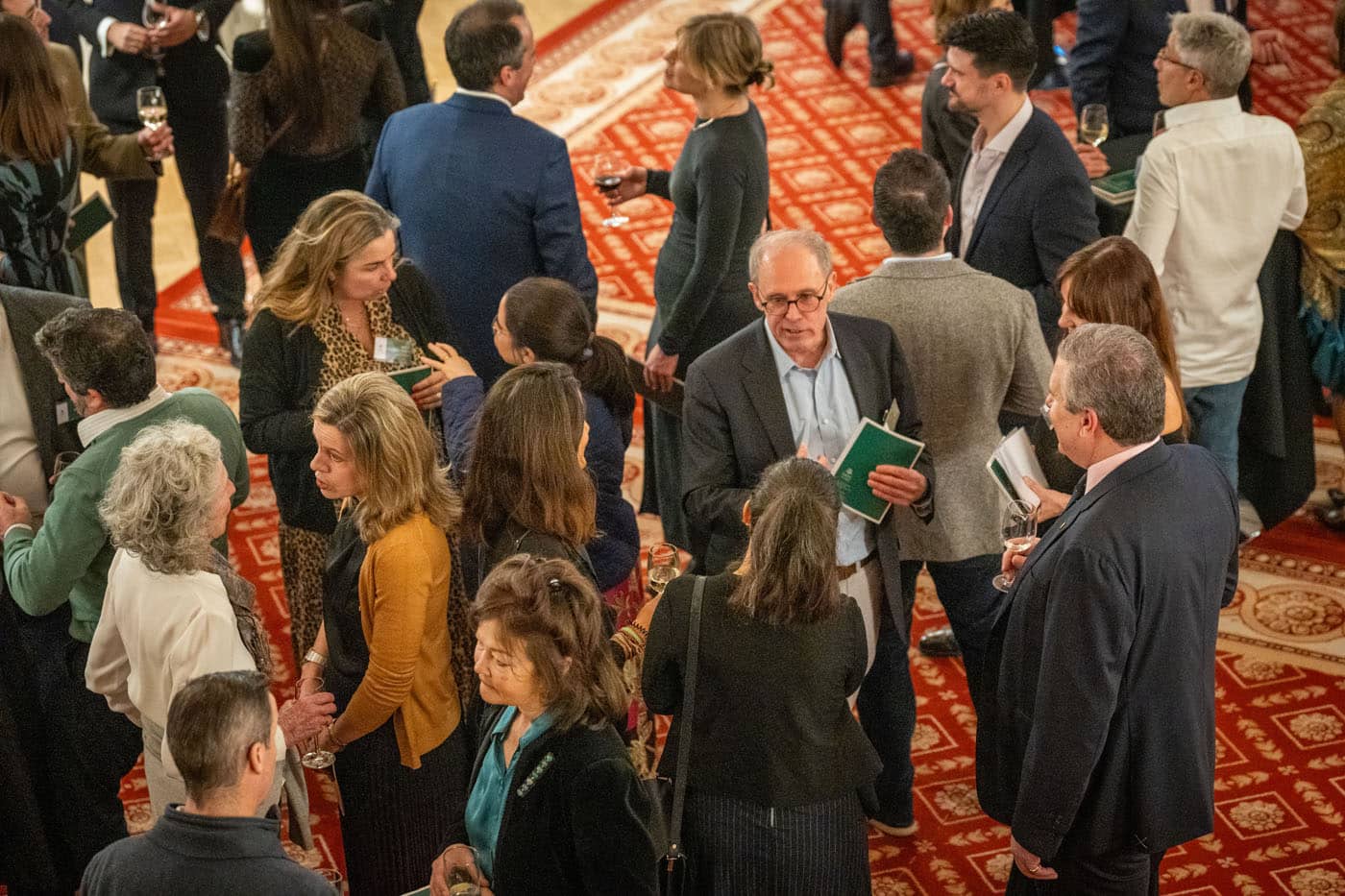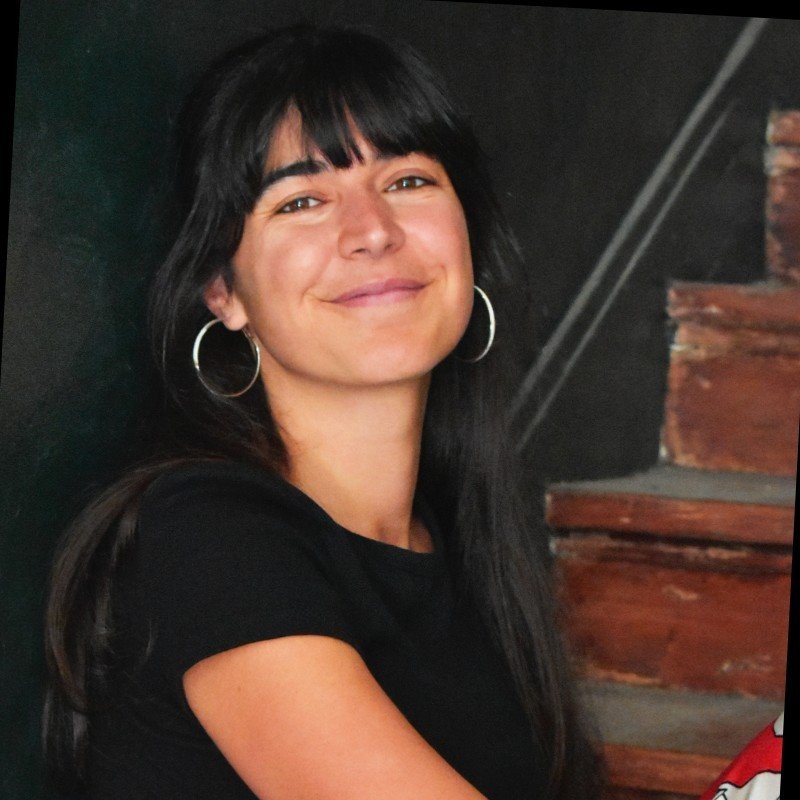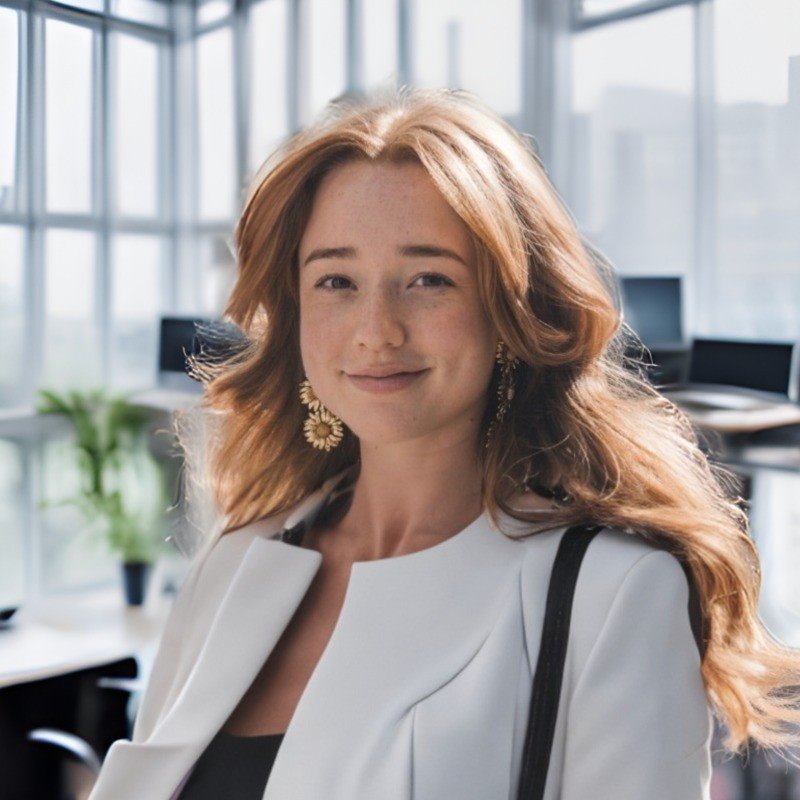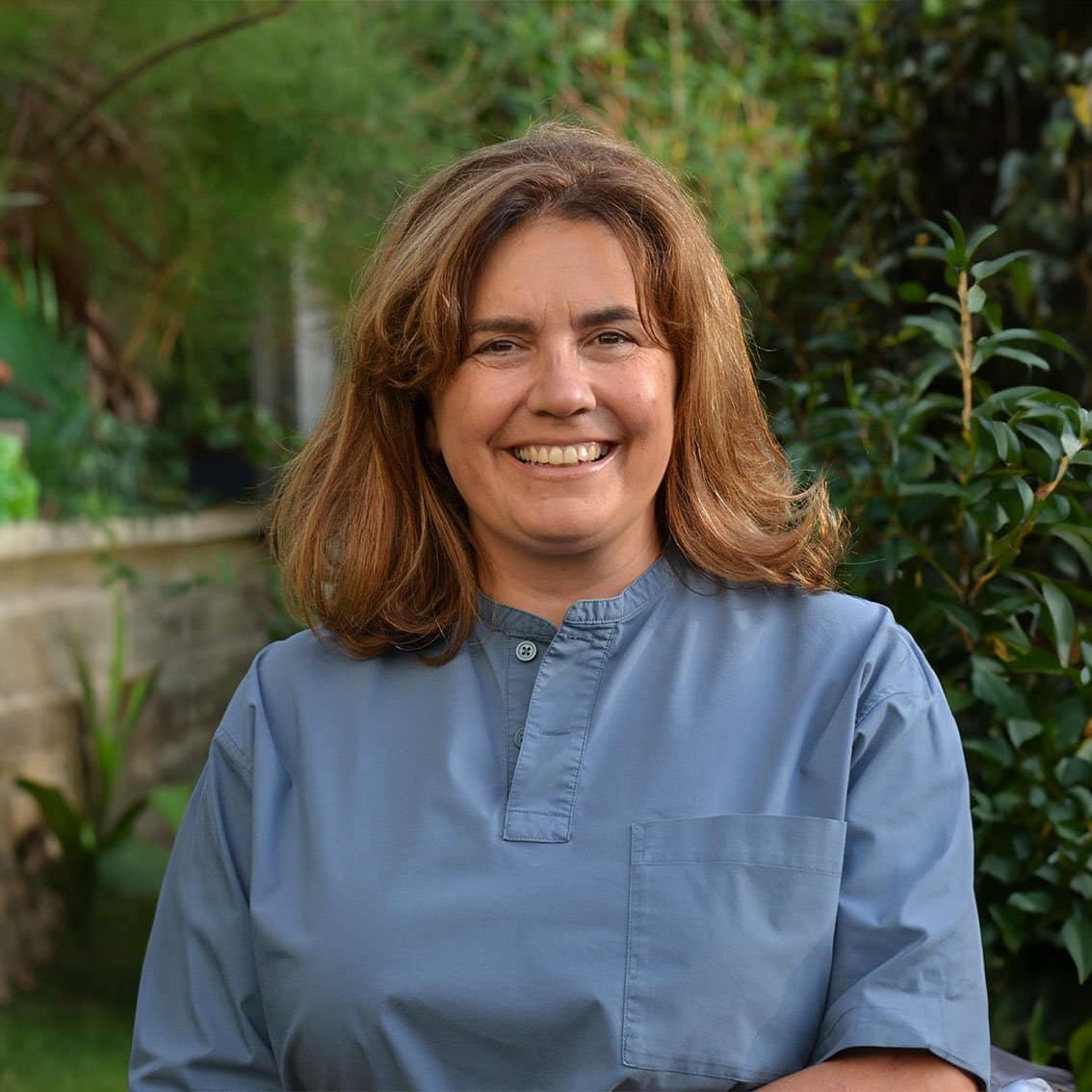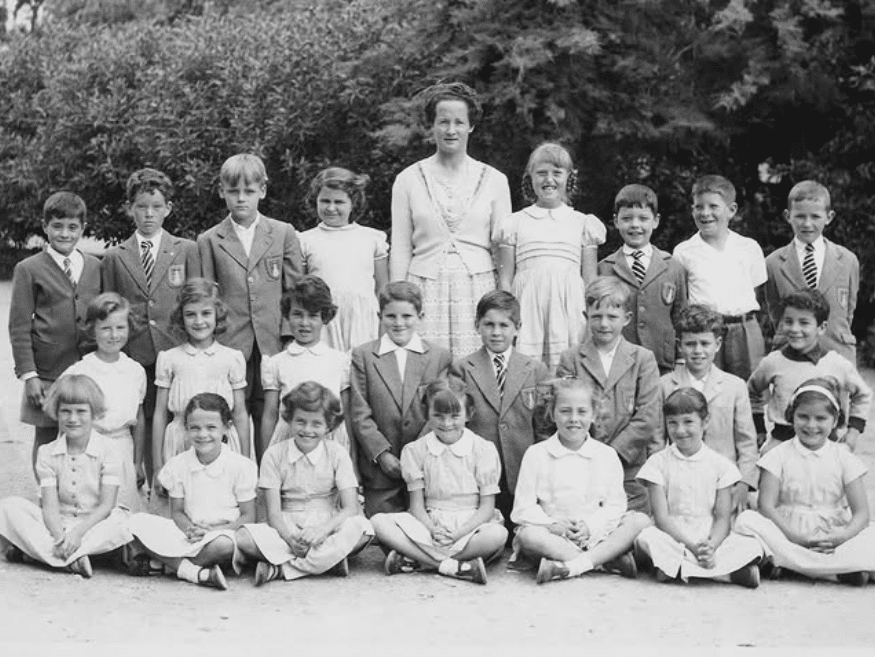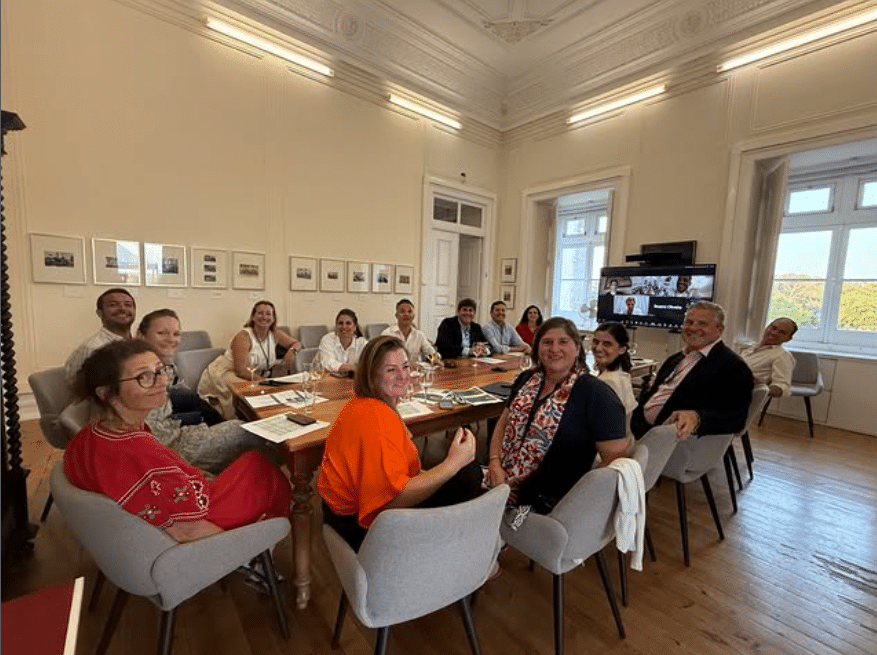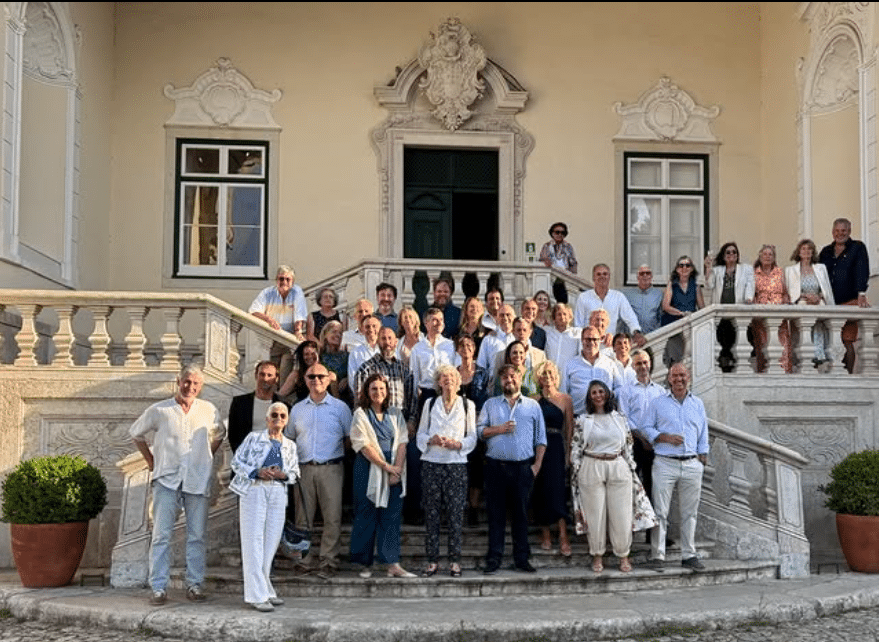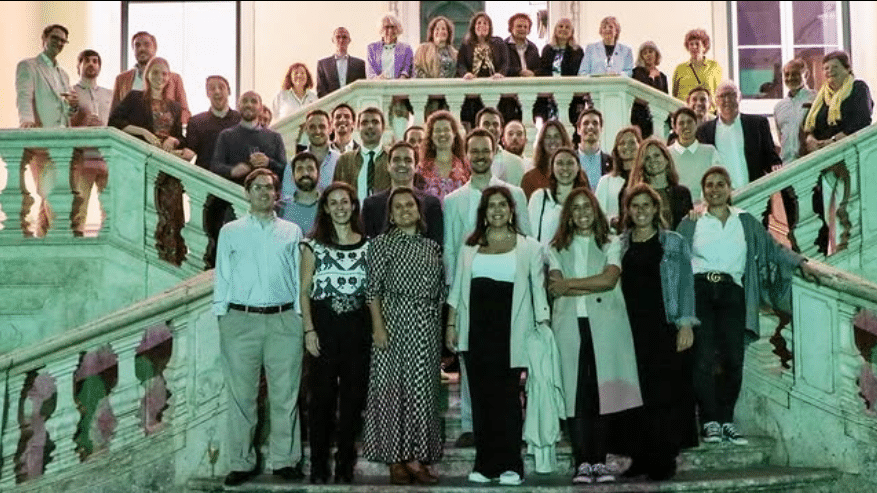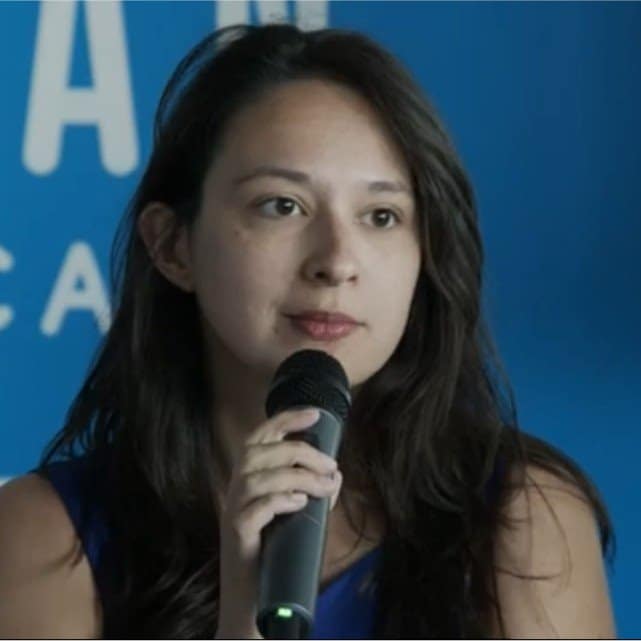
Job Role
Researcher & Assistant Professor
Business Sector
Academia
Year
2011
Maria Pena Ermida
After completing the International Baccalaureate at St. Julian’s School, Maria Pena Ermida continued her academic journey at Universidade Católica Portuguesa, where she completed her bachelor’s degree and then at NOVA School of Law, where she earned a Master’s degree in International and European Law. Her thesis explored the application of the Precautionary Principle to deep-sea mining. She completed a Postgraduate Sea Science and Business Administration degree at the Universidade Católica Portuguesa. Since then, Maria has been pursuing an Academic Career in the field of Law of the Sea at Universidade Católica Portuguesa, where she is a Researcher and an Assistant Professor. She is also currently in the last year of her PhD.
What was it like attending St. Julian’s?
It was a fantastic experience. I know it sounds cliché, but St. Julian’s truly holds a special place in my heart and not just because of the memories or the friends. What makes St. Julian’s so exceptional is the freedom to be yourself. During the IB Diploma Programme, I explored a wide range of subjects while studying music at a higher level. I was deeply involved in the Music Department and all its extracurricular activities. I was always connected to the arts at the school and had the opportunity to perform in many concerts and drama shows.
Is there a memory you hold dear from St. Julian’s?
One of my fondest memories is singing Fauré’s ‘Requiem: Pie Jesu’ as a soloist alongside professional musicians. It was an incredible experience, and I treasure having a recording of that performance. I believe St. Julian’s offers opportunities like no other school, especially at that time.
How was it attending the Bilingual Curriculum?
Attending the Bilingual Curriculum was one of the best opportunities I’ve ever had. I lead a very international life, and although I’m currently pursuing my PhD here in Portugal at Universidade Católica, I always take the chance to engage with English whenever possible. In my field of International Public Law, English is essential. You’re only relevant if you publish in English, so my PhD is being written in English.
The Bilingual Curriculum prepared me exceptionally well in Portuguese and English, ensuring I could write fluently in both languages. When I got to university, I quickly realised that my level of English was far superior to that of students from other schools. As a researcher at the Católica Research Centre for the Future of Law, I often find that anything written in English comes my way—it’s become second nature.
Did you have any favourite teachers?
That’s not a fair question! (Laughter). But I must give an honourable mention to Professora Sofia Varge, who patiently endured my tantrums throughout the entire 1º Ciclo. I truly appreciated all my Bilingual Curriculum teachers, but Professores Sérgio Almeida, Joana de Sousa and Manuela Mello hold a special place in my heart. It’s difficult to choose, as there were so many wonderful teachers, and I always felt like I received individual attention. I also fondly remember the Bilingual Curriculum staff – Sr. Ângelo and Sra. Maria Fernanda in the office, who made our lives so much easier, and the principal, Professora Maria de Lurdes.
During the IB Diploma, Mrs Bastos de Sousa, who always kept us in check, as did Miss Simões, were of course, a reference for us all. Also, other teachers, Mrs Correia, Miss Pinto, and of course, Miss Pinho, who was always a great supporter of my artistic side and even gave me the opportunity, with Mr Connolly, to perform magnificent roles such as Amélia in ‘Falar Verdade a Mentir’ and Maria Josefa in ‘A Casa de Bernarda Alba’ when the school started doing Portuguese plays.
Mrs Correia, however, played a particularly significant role in my life – she was the one who discovered I had dyslexia. That moment was very important for me. After the test results confirmed it, I wasn’t quite sure how to process the news. But when I walked into the music department, Mrs Correia had compiled a list of celebrities, musicians, and important figures with dyslexia. She said to me, “You have no excuse. All of these people made it, and so can you.” That memory has stayed with me because it reflects the individual attention and support St. Julian’s provides for every student.
In what way did St. Julian’s influence your area of university studies?
Keeping several options open. Pursuing music alongside other interests shaped my decision to attend the National Conservatory. In my third year of University, I began studying singing there. As for my legal career, today, my focus is primarily on the Law of the Sea, which is largely international law. From early on in my law studies here in Portugal, I knew international law was where I was headed. Growing up in such an international community, you naturally develop a global perspective, even while living in your home country.
I believe that kind of environment not only creates open-minded individuals but also fosters a deep sense of curiosity and desire to make an impact on the world. That’s one of the most remarkable aspects of St. Julian’s—the feeling of being part of such a diverse and engaged community. I was always involved, whether as a monitor through Primary or later as a Prefect and Senior Prefect, roles that gave me a sense of responsibility. The CAS (Creativity, Activity and Service) programme also significantly encouraged community service and participation. These experiences encouraged a strong commitment to serving others and being part of something bigger, which continues to influence my outlook today.
Did the IB programme help shape your thinking and approach to learning?
Absolutely, without a doubt. CAS (Creativity, Activity, Service) is one of the most vital aspects of the IB programme. Alongside CAS, the Extended Essay and the extensive coursework are equally significant, but what stands out for me is the emphasis on community service. With CAS, you’re required to complete 50 hours of creativity and, importantly, 50 hours of community service, some of which you can do within the school, but you’re also encouraged to step outside the school environment. I volunteered at an Alzheimer’s care institution in Parede, and that experience changed me forever. It made me question what I take for granted every day, leaving a lasting impact.
As for the rest of the IB, it’s all about subtle yet profound elements. Take TOK (Theory of Knowledge), for example – it encourages you to think outside the box. That’s what the IB is about pushing you to think beyond yourself and approach everything with great detail.
Now, as I teach at university, I realise how lacking this critical thinking can be elsewhere. I believe the ability to gather, filter, and dissect information critically is being lost in today’s world. In many schools, you’re simply handed a book and told everything you need to know is there – memorise it for the exam. But in the IB, you’re given a question and then directed to a library, where you immediately have to shape your thoughts, build your worldview, and process the information critically.
At St. Julian’s, I was encouraged to develop that capacity, to filter information, make it coherent, and approach it with a critical spirit. That’s what I believe St. Julian’s fosters: a critical spirit, the courage to ask Why is it this way? and Why can’t we do it differently? It’s all about thinking outside the box and viewing the world through that expanded perspective.
Why are your studies and work so much focused on the sea?
It was love at first sight. As a Portuguese person, I think we all share an unexplainable connection to the sea, something that has always been there. I live just five minutes from the ocean, and there’s something indescribable about standing by the shore, gazing at the waves, and simply being present. It’s invaluable.
As I mentioned, I was convinced that music was my true passion, but I knew that if I pursued law, it would have to be International Law. I even considered whether I should have studied International Relations instead. When I was in my final year at university, I needed a subject to complete my credits, and the module International Law of the Sea was worth six credits—exactly what I required. So, I enrolled. A very pregnant Italian professor came to give the lesson, and I found everything she taught absolutely fascinating. This was my fourth year of law, and that’s when I knew I had found my path. I started getting involved in NGO work and decided to focus my Master’s studies on the ocean, particularly deep-sea mining. At that point, deep-sea mining was a relatively unknown field, so my choice to write my Master’s thesis on it was quite innovative at the time. I received a very high grade, ultimately leading me to pursue my PhD.
Looking back, what advice would you give current students wanting to study for a law degree?
The great thing about studying law is that it’s an incredibly versatile degree, which can be useful in many aspects of life – even if you don’t end up practising law. Since graduating, I’ve worked as a wedding planner, become the coordinator of a research centre, served as an advisor for NGOs, and been involved with international platforms— but I’ve never actually been a lawyer. Law is an excellent course if you have the drive for it. However, if you don’t have a clear desire to practise law, it can become challenging to push through without purpose, which is why I believe there’s such a high dropout rate in the first year.
If you’re thinking of dropping out in your first year, and it’s because you realise that law isn’t what you want to do, then that’s perfectly okay. Go and pursue what you’re passionate about. However, if you’re considering quitting simply because it’s difficult, I would encourage you to persevere. Push through to your third and fourth years. I promise it gets better because that’s when you start studying the more interesting subjects and begin to frame what you truly want to do mentally. If you’re attending a Portuguese university, don’t underestimate the language barrier, and don’t hesitate to ask your professors for help.
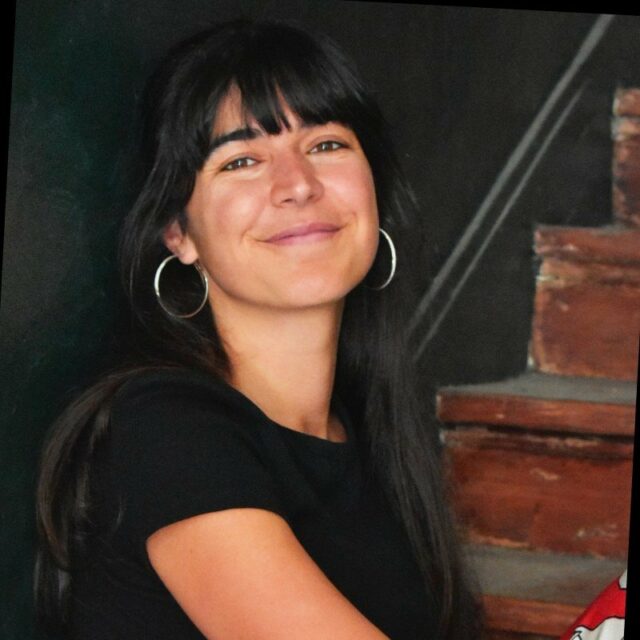
Job Role
Partner & Head of Strategy
Business Sector
Marketing
Year
2012
Benedita Guedes de Carvalho
After completing the IB programme at St. Julian’s, Benedita embarked on a BA in Political Science and International Relations at Universidade Católica Portuguesa, which led her to win a scholarship to study a semester in Boulder, Colorado. She has a Masters in Management and Social Entrepreneurship from Nova School of Business and Economics.
She currently serves as a Partner and Head Strategist at TTouch, a creative agency focused on developing ideas that generate a positive societal impact.
Is there a memory you hold dear from St. Julian’s?
I have so many fond memories, especially the laughter shared with friends and teachers daily. I always participated in various activities, like drama and sports, in a playful and engaging environment. My memories are filled with fun moments.
Did you have any favourite teachers?
I remember many charismatic teachers with a fantastic sense of humour. I thought this was normal at the time, but now I realise how rare it was. Ms Pinho, the Portuguese teacher, was brilliant, and we had amazing, profound conversations. Mr Connolly, the principal and my drama teacher brought a very special energy to every class. Mr Figueiredo, the English teacher, was incredibly enthusiastic. Miss Melvin, who taught me English and Theory of Knowledge, was unforgettable, and Mr Rogers, the economics teacher, was a genius. These teachers broadened my perspective on the world, and I deeply value having had them in my life.
How did your experience at St. Julian’s, particularly the IB Diploma, shape you?
The IB diploma was one of my life’s most demanding and exciting experiences, though I didn’t fully realise it at the time. It taught us a great deal about responsibility and accountability, forcing us to rely on ourselves. The most empowering gift St. Julian’s gave me was the confidence that I can tackle anything with enthusiasm. Daily interactions with teachers from various countries and diverse assemblies provided a profound sense of the world’s vastness. St. Julian’s also instilled a strong civic culture in me. The CAS (Creativity, Activity and Service) programme in IB was crucial, opening my eyes and making me feel connected to the world. Serving as a Prefect further reinforced my sense of responsibility.
Can you talk to us about your current role at TTouch?
This is the first creative agency dedicated to social and environmental impact in Portugal, which aligns perfectly with my background in sustainability. They needed expertise in this area, and I was seeking a career shift towards creativity, even considering a move to London. I initially joined as a copywriter, but it quickly became clear that my strengths were more strategic. I thrive on structuring what is apparently chaotic.
At TTouch, I have the opportunity to shape creative briefings, starting with gathering information from clients and studying the relevant issues. I then create a concept to present to the creative team so that they can transform it into concrete ideas. At the end of the day, I’m responsible for the framework in which the creatives can brainstorm. Another significant part of my job involves educating clients about genuine sustainability practices, lobbying them to “walk the walk” rather than just “talk the talk.” Influencing our clients remains a major aspect of our work, comprising about 80% of what we do.
What challenges have you faced when trying to implement creative strategies for activism, and how have you overcome them?
After three years, seeing clients approaching us is amazing because they recognise our work and values. We are committed to avoiding greenwashing and often have to reframe client briefings to align with true sustainability. Our briefings are particularly challenging because they must be both creative and responsible. This can sometimes be difficult for our creatives, who crave artistic freedom. Another challenge is reaching a consensus on different activist perspectives, which often leads to intense but healthy discussions. Finding the right tone for our organisation, especially when working with corporate clients, has been crucial. In Portugal, there is less awareness compared to other European countries, so we had to establish a tone that is both effective and responsible.
We use our social media to express our activism more freely and discuss topics we are passionate about. We constantly evaluate our messaging to ensure it aligns with our values and mission.
Is there a TTouch project or projects you are most proud of participating in?
The project that truly embodied what we aim to achieve at TTouch was creating a communication plan for a running club for youngsters in Cova da Moura and Zambujal, two neighbourhoods in Lisbon facing significant social challenges. Our strategy focused on how effective branding could engage kids in these areas to participate in the training sessions.
We decided to create a brand that would resonate with them by involving a local artist to design a hip and modern visual identity using the neighbourhood’s colours. This way, the running club became something from the neighbourhood, something they could take pride in, making the kids excited to wear the club’s T-shirt and participate.
We also integrated music into the project by collaborating with local musicians. This approach ensured the brand felt authentic and owned by the community, fostering greater engagement and achieving a higher social impact.
Looking back, what advice would you give current IB Diploma students?
Pay attention to where your teachers guide you: they will most likely reveal your strengths and areas for development. St. Julian’s and the IB programme teach you to be accountable for both the good and the bad, so if you’re open to it, the school helps you discover your true talents.
Pursue your genuine interests; this might be one of the few times in your life when you have the freedom to balance them well. You are also free to explore various subjects (unlike the Portuguese schools), so don’t limit your choices.
I discovered early on that social responsibility was my calling. Whatever it is, you can create your own path in life. Don’t let life overwhelm you; take charge and shape it according to your passions and talents, which may have begun during this time.
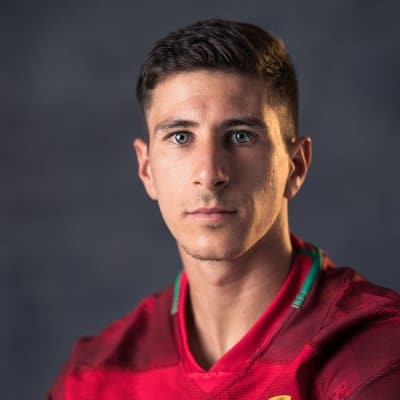
Job Role
Rugby Player
Business Sector
Sports
Year
2019
Pedro Lucas
After graduating from St. Julian’s, Pedro Lucas is pursuing his studies at Instituto Superior Técnico, where he specialises in Naval Engineering. He plays rugby for Clube de Rugby do Técnico and represents the Portuguese National Team, fondly known as Os Lobos. Pedro was in the team selected to go to the 2023 Rugby World Cup. The team achieved its first-ever tournament victory, marking a significant milestone for Portuguese Rugby.
What was your experience like attending St. Julian’s?
It was an incredibly enriching experience. The connections I made at St. Julian’s are for life. Whenever I go to play in different countries, I find comfort in knowing that I have a friend there. The school gave me a network of friends. It has a vibrant international culture, which I deeply cherish.
Did attending the International Baccalaureate programme prepare you for your academic career?
It equipped me with the necessary skills to handle higher education’s workload and academic rigour. Transitioning to university, where all my studies were conducted in Portuguese, posed challenges as I adapted to the Portuguese educational system. Nevertheless, in terms of the level of dedication and effort required, I found that my previous experience prepared me exceptionally well.
Did you have any favourite teachers?
I had the privilege of having several teachers whom I greatly admired during my time at school. Mr Thorley, from the PE department, stands out in particular. His guidance in sports science and physical preparation in the gym was invaluable to me. He shared my passion for rugby, and our connection remains strong to this day. I still receive his support messages before games and know he continues to watch and follow my progress. Mr Sleeman, my math teacher, was also exceptional in his teaching.
Do you have a cherished memory from SJS?
The Year 12 IB trip to Granada was an unforgettable experience. Another excursion that left a lasting impression was when we went to Sesimbra as part of the Outdoor Education Programme. The highlight of the trip was cliff jumping. Fortunately, my group successfully completed the adventure. Not all groups had the same luck; one group faced an unexpected setback when a storm struck and could not complete the trip.
Since its inception, Mr Mount has been instrumental in developing rugby at St. Julian’s. He has sent the following four questions to Pedro.
When did you start playing Rugby at St. Julian’s, and how did that come about?
I began my rugby journey at St. Julian’s when I was just seven years old, joining the sub-8 team. My dad introduced me to the sport, being a rugby player himself. Our training sessions, led by Mr Palmer, took place right after school. Despite my young age, I found the experience incredibly enjoyable from the start. I believe it’s essential for young players to find joy in the game early on.
What are your best memories of playing Rugby at St. Julian’s?
Some of my fondest memories date back to when I was just eleven years old. Our U12 team was exceptional, with a formidable lineup of powerful forwards and fastbacks. Winning almost every game we played alongside them was fun and incredibly rewarding.
Did you ever go on tour with St. Julian’s rugby club (and what do you remember most of those experiences)?
I had the opportunity to go on tour twice, with one memorable trip being to Treviso, Italy, near Venice. It was an incredible experience. On the plane, we were just kids having fun. As soon as we landed, we focused on the upcoming games. Our hard work paid off, as we achieved good results. Facing Italian teams was a different experience; they appeared older and more aggressive compared to the Portuguese teams we were accustomed to playing against. However, recognising this difference spurred us to raise our game and match their level of intensity. These matches were intense and memorable, and I relished every moment.
What was it like singing the national anthem at the Rugby World Cup?
It’s an absolutely surreal memory, something you envision from the moment you start playing. After our tournaments, we would always make it a point to watch the national team play. I vividly recall sitting in the stands, watching them in action, and thinking, “This is the dream.” The idea of representing my country, standing on the world stage, singing the national anthem at the Rugby World Cup – it’s a feeling that’s truly beyond words. Amidst the overwhelming rush of emotions, there’s also the need to stay grounded to focus on the task. It’s a delicate balance – you can’t let yourself be swept away entirely by the emotions. There’s still a game to be played and work to be done.
What advice would you give our students wanting to follow a sports career?
They have to put in a tremendous amount of effort to achieve their goals. Finding time for training during the day is crucial. For instance, when I was at St. Julian’s, I made use of the gym facilities after school. With classes ending at 4.00 pm, I would head straight to the gym located in the school’s Sports Pavilion, bypassing the need to go home first and then to another gym. This approach allowed me to maximise my time effectively. After the gym session, I dedicated my evenings to studying before attending training later at night. The key advice is to make the most of every minute available. Time becomes a precious commodity when aiming to excel in sports at the highest level. Therefore, it’s essential to minimise time wastage wherever possible.
Interview conducted by André Abreu, Communications Officer
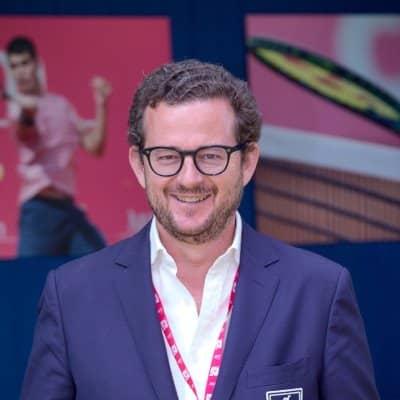
Job Role
Tournament Director & Managing Partner Millennium Estoril Open
Business Sector
Sports
Year
1993
João Stilwell Zilhão
João Stilwell Zilhão is the Tournament Director & Managing Partner of the Millennium Estoril Open. This prestigious ATP Tour event has been held at the Estoril Tennis Club since 2015. After completing studies at St. Julian’s, he studied Law at Universidade Lusíada de Lisboa. With over two decades of experience at the helm of international events, his career spans a wide range of sports, including but not limited to the ATP Tennis Masters Cup – Lisbon 2000, ATP & WTA Estoril Open, Dakar Rally, Volvo Ocean Race, European Tour Portuguese Golf Opens, LET Golf, WPT Padel, Portugal Masters Golf, and Cascais Sixes. In his role as Head of Business Development at U.COM, he fostered partnerships with the European Tour for golf events such as Golf Sixes Cascais and was involved in the Portugal Masters in the Algarve.
What was it like attending St. Julian’s?
My journey with SJS began in 1977, marking the start of a chapter in my life that spanned 15 years. I have the best memories of St. Julian’s. These were very happy times. Not only did I receive an exceptional education, but it was also where my three siblings (António, Ana and Francisco Zilhão) found their academic footing.
The familial connection to St. Julian’s runs deep, as my Great Grandmother Maria was a Founder of the School and my Grandfather John Stilwell was a Governor & Chairman of the Board. My mother Philippa (Mrs Zilhão) has dedicated more than 50 years to teaching at the institution and has a unique bond with St. Julian’s. Beyond academics, St. Julian’s provided me with lifelong friendships, which I treasure to this day. Despite the absence of social media during my time there, the advent of platforms like Facebook later enabled me to reconnect with old classmates and revive those lost connections from my International Baccalaureate years.
I have good memories of the beautiful campus and world-class teachers. The warmth and positivity that permeated the atmosphere made it a truly special place to learn and grow.
Is there a memory you hold dear from St. Julian’s?
The assemblies at St. Julian’s were always a highlight for me, especially when we gathered to sing “It’s a Long Road to Freedom.” The empathy and camaraderie among students was palpable. It felt like we were part of one big family.
I particularly cherished events like Bonfire Night and Sports Days, which added a layer of excitement to our school experience. St. Julian’s consistently excelled in sports, and being part of such a community left a lasting impression on me. I have the fondest memories.
Did you have any favourite teachers?
I had the privilege of being taught by several wonderful teachers during my time at school. Among them, Mr Bull, Mr Fannon, Mrs Bobone, Mr Stuart, Mrs Gottschalk, Mr Hamilton, Mrs Green, Mrs Fenner-Leitão, Mr Sawyer and Mrs Bastos de Sousa stand out as particularly outstanding. I am grateful to them.
How was the experience of attending the International Baccalaureate?
Attending the IB prepared me well for university and gave me tools for life. Participating in the Duke of Edinburgh award program concurrently was a rewarding experience. I always think that the time we camped in Malveira was useful in building strong bonds with both colleagues and teachers. I thought the IB was an excellent preparation for navigating life beyond school.
You have been the ATP Tournament Director of the Millennium Estoril Open since 2015. Can you share some of your favourite highlights from your time leading the tournament?
One of the most memorable moments for me was witnessing João Sousa’s historic victory in the 2018 tournament. His triumph over formidable opponents like Daniil Medvedev, Stefanos Tsitsipas, and Frances Tiafoe was fantastic and elevated the atmosphere to an unforgettable level. These players are now at the top of the tennis ranking. The sight of Sousa shedding tears of joy on the court, embraced by the passionate crowd, was truly moving. Having Katia Guerreiro, the renowned fado singer, performing the national anthem that year enhanced our sense of pride.
Reflecting on the tournament’s evolution over the past few years, it’s been immensely gratifying to witness its rise to prominence as one of Portugal’s premier events. It provided over 3000 hours of international TV exposure to Portugal and Cascais and served as a powerful platform for promoting the country on the global stage. The involvement of top-tier brands and sponsors has further solidified its stature, enabling us to create something truly exceptional and impactful.
Amidst the challenges of the pandemic, experiencing the return of full stands in 2022 was particularly poignant for me. After enduring the hardships of 2020 and 2021, being able to witness the event return to normalcy was incredibly gratifying. As we look ahead to 2024 and beyond, I’m confident that we will continue to build upon our successes and uphold the standard of excellence that defines our tournament.
Are there any community outreach initiatives associated with the tournament?
Our outreach extends across the entirety of the tennis community in Portugal, engaging with clubs, universities, and schools through various initiatives and discounts. We prioritise integrating students into our events and always try to make the tournament family-friendly. It would be immensely gratifying to welcome past and present students of St. Julian’s to this year’s Estoril Open, as they embody the spirit of community and excellence that we strive to promote.
We have also been supporting the Academia dos Champs for many years and providing them with many opportunities in and around the event and supporting their project of taking tennis to poor neighbourhoods.
Additionally we collaborated with Cercica in providing the association with a platform to participate in an important art exhibition, with all the profits being channelled to these artists with special needs.
Our tournament is not just about tennis; it is a vibrant celebration of culture, gastronomy, and music, with activities for all ages. Every day, we welcome hundreds of children, many of whom are experiencing tennis for the first time and strive to offer them engaging activities beyond the courts.
What does the future hold for the Millennium Estoril Open?
We face various threats to the continuity of the event. Despite the challenges posed by shifting calendars and the emergence of new investors from the Middle East eyeing entry into golf and tennis circuits, our commitment remains steadfast. We are resolute in our determination to keep this event rooted in Portugal for as long as possible.
Our vision extends beyond mere longevity. We aspire for this event to become a permanent fixture in Portugal, advancing it to the ranks of top-tier international competitions. While we acknowledge the obstacles that lie ahead, we are prepared to confront them head-on, ensuring that Estoril Open remains a beacon of excellence in the global sporting circuit.
What advice would you give our students wanting to follow a Sports Management Career?
I have been working in the sports industry for over 20 years, and I would argue that one of the biggest things that made me grow was the opportunity to attend top sporting events worldwide. This has been transformative, broadening my perspective and giving me invaluable insights on improving continually, as well as a powerful database of contacts in the sports, commercial and marketing worlds.
To aspiring students, I advocate for a mindset of openness to travel, a thirst for learning, and humility in engaging with seasoned professionals. Professionalism is non-negotiable; it entails delivering excellence to athletes, media, sponsors, and the public alike. A successful event hinges on meticulous organisation, strategic planning, and nuanced comprehension of the calendar and its dynamics. Sports management demands adept organisational skills, foresight, and a relentless commitment to delivering a seamless and unforgettable experience for all stakeholders involved.
Each year, we try to make the event better, rectifying past shortcomings while introducing innovative concepts to invigorate our approach. In today’s digital age, proficiency in digital & social media marketing is crucial, facilitating effective outreach and engagement.
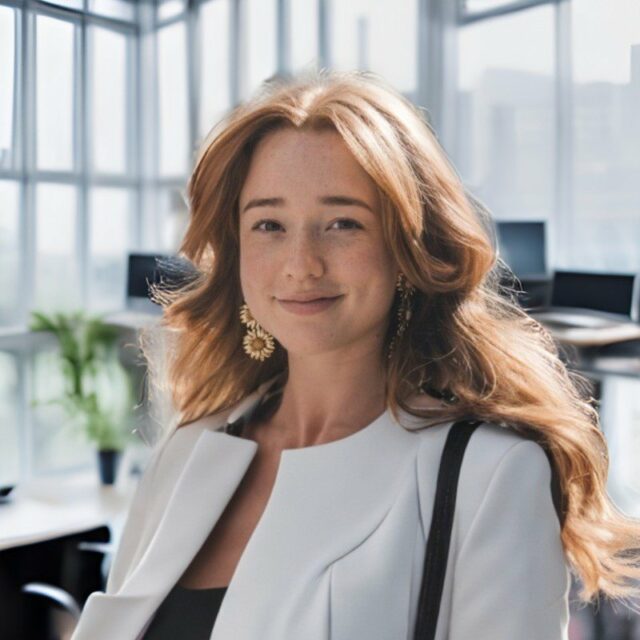
Job Role
Product Marketing Lead
Business Sector
Marketing
Year
2016
Giulia de Oliveira Camargo
Following the completion of the IB programme at St. Julian’s, Giulia de Oliveira Camargo embarked on a BA in Communication and Digital Media at IE University in Spain. A skilled marketeer, she is currently Product Marketing Lead at StudentFinance.
What was it like attending St. Julian’s?
St. Julian’s was my home for many years. It was a very hard place to leave, and I still have a lot of connections with it today. Many of my friends attended St. Julian’s with me, and we still have a close bond. There are teachers I am still in touch with. As a person who has grown up in so many different places and has family all over the world, St. Julian’s was the place that felt most like home. It is an amazing school.
Is there a memory you hold dear from your time at St. Julian’s?
The trips were a big bonding experience. The yearly ski trips are some of the fondest memories I have. I learned to ski thanks to SJS. I was always the person who wanted to go on every trip. All the learning experiences we got physically to experience were fantastic. Among these experiences, the trip to Berlin holds a special place in my heart. The Dofe Gold Award in Serra de Gredos was awesome. I also enjoyed the MUN (Model United Nations) meetings and ISTA festivals I was lucky to attend.
Did you have any favourite teachers?
So many! Mr Wilkinson, our GCSE English teacher, was the one who inspired me to be in the field that I am today. I have always wanted to do something with writing, like journalism. He sparked an interest in marketing and communications. Mrs Moore was also an influence in how she pushed each one of us to our absolute limit. Both made us see what a good piece of work is and how to communicate something well. I owe them my eloquence and ability to do my job well. They both are massive inspirations.
Mr Brooke got me into tech. I had to do an insane spreadsheet project with him that made me very good at Excel, an essential skill that has helped me immensely in my career.
How was the experience of attending the International Baccalaureate programme?
To this day, it is probably one of the hardest things that I ever done. You have to go very deep in a lot of different subjects. I learned a lot about time management and how to produce high-quality content quickly. It made my life at university easier.
Can you speak about your current role at Student Finance?
I take care of Marketing, from product creation to strategy, all the way to how the brand is communicated externally. I am currently building the marketing function from the ground up. We are going through a rebranding phase, which I am heading, and launching a new product. I am ensuring this new product aligns with the expectations of the market.
I also do a lot of consulting. I have been at a couple of Edtech startups, always in the same role: building marketing from the beginning, bringing the human element to the product being communicated, and ensuring non-technical people can understand it.
What is the project you are most proud of?
I hold one project I worked on at IE University very close to my heart: The European Edtech network. This network connected entrepreneurs who were creating technology processes for education with researchers and educational institutions. These were three stakeholders that needed to be more aligned. A lot of researchers didn’t focus on the applications of their research. Many entrepreneurs did not read about the latest tech research, and then you had institutions in the middle that did not have strong links with the other players. We held events throughout Europe, and that was my doorway into the world of education technology. It was fascinating to see how we could bring all these people together. We organised conferences, workshops and wrote white papers explaining the process. Although it was small scale, you could really see the impact. I sometimes think about this project and how it could be done on a larger scale, where we could unite these players at one point to make tech products better.
What advice would you give our students wanting to study Marketing?
This sector is changing significantly with new technological advances, especially with IA. What I learned at university is almost obsolete. A lot of the things we were taught to do can already be automated. It is a role that is becoming more technical over the years. People interested in human connection and understanding what makes people tick, particularly in the context of influencing purchasing decisions, will find themselves in a role increasingly grounded in science. If you want to work in marketing, a comprehensive skill set is evolving, requiring a deep understanding of psychology and proficiency in technical skills such as Excel, IT, and information organisation. The marketers of tomorrow will be those prepared to study other disciplines.
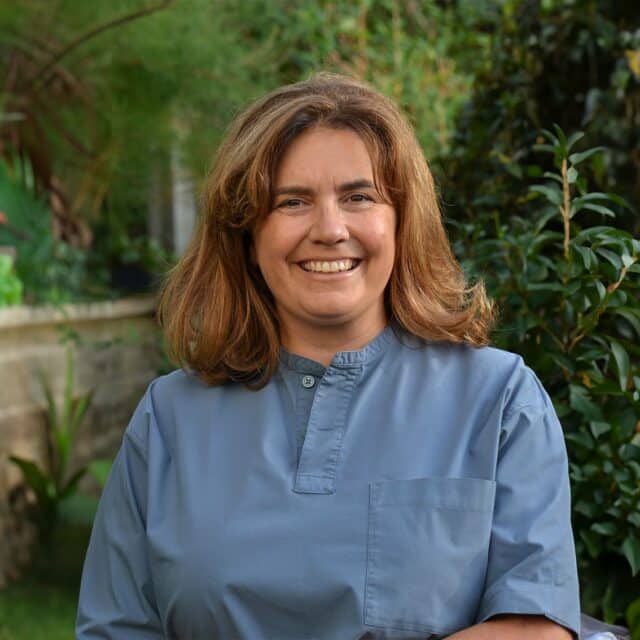
Job Role
Development Officer
Business Sector
Philanthropy
Year
1995
Mariana [Contreras] Passos
Mariana Contreras lives and works in London. After completing the International Baccalaureate programme at St. Julian’s School, Mariana pursued a BA in History and Politics at London Metropolitan University. Later, she completed a Masters in Diplomatic Studies. After working in various fields, she moved to philanthropy in 2018 and has since worked at the Victoria & Albert Museum, Sir John Soane’s Museum and currently, she is at the Royal College of Music.
What was it like attending St. Julian’s?
The experience was truly incredible. I absolutely cherished it. It allowed me to express my true self, complete with my distinct personality and character. This level of freedom may be a rarity in today’s educational institutions. I also took great pleasure in participating in various athletic activities.
How was the experience of attending the International Baccalaureate programme?
It was a rewarding journey, albeit demanding. While I may not consider myself highly academic, I am proud I managed to do it. It unquestionably equipped me with valuable skills and knowledge that have proven instrumental in my career and in facing subsequent challenges.
Did you have any favourite teachers?
Both Mr. Hamilton and Mr. Bailey, my former Geography teacher, left a lasting impression on me with their fantastic teaching. I had a chance encounter with Mrs Fenner-Leitão in London recently, and I must say, I also liked her very much.
What projects are you most proud of doing at The Royal College of Music?
I am naturally able to connect with people, and I take pride in the successful fundraising efforts I led for our Summer Festival. I secured significant donations that contributed to its success.
Do you still keep in touch with your colleagues from St. Julian’s?
Many of my closest friends are from my school days. Despite living in different parts of the world, we’ve managed to maintain solid connections and stay in touch with each other.
What advice would you give our students wanting to enter philanthropy?
To successfully raise funds, it’s crucial to be deeply passionate about the cause you’re supporting. If healthcare isn’t your forte, don’t attempt to raise funds for the health sector; instead, focus on what truly ignites your passion. Genuine enthusiasm is the driving force behind effective fundraising efforts.
Your background isn’t the defining factor, but a love for interacting with people is essential. Having a broad range of general knowledge is also beneficial, as you’ll engage with individuals who possess a wealth of experience and insight into various aspects of the world, including politics. Being a well-rounded individual is key, and the IB programme equips you with the versatility needed for such endeavours.

At St. Julian’s, we prepare our students for success, happiness and making the world a better place. So we’re exceptionally proud of our alumni, their achievements and the difference they’re making internationally. Explore some of their stories here.
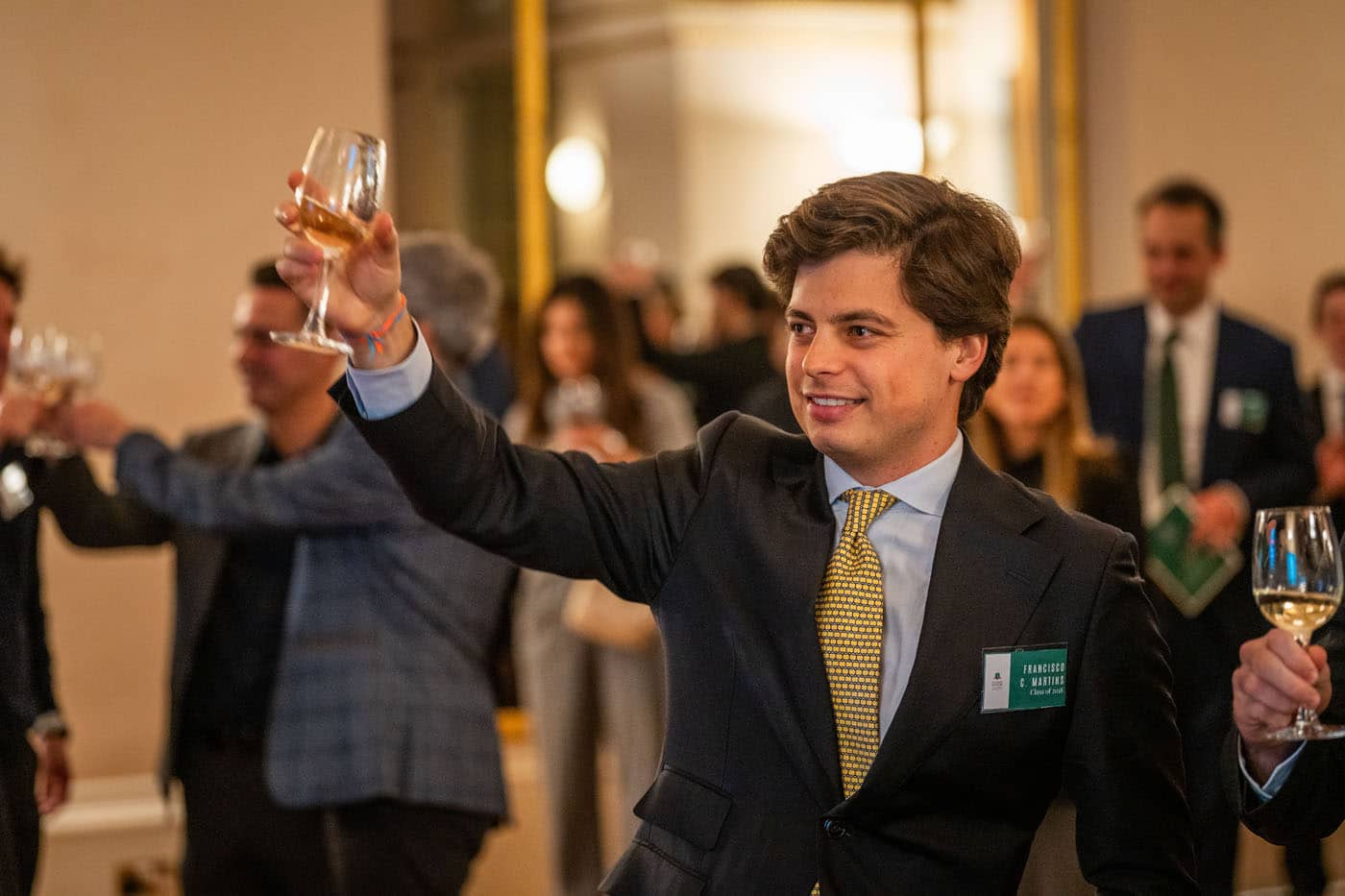
Connect with us
At St. Julian’s, we are here for you even after you leave. We would love to hear from you. Whether you want to reconnect with classmates and teachers, learn about upcoming alumni events, or engage with the school community, you can be part of our growing network. Please contact Matilde Paiva, Alumni Relations Assistant (Class of 2007) alumni@stjulians.com, or register on the Alumni Portal to stay updated with news and information about future events.
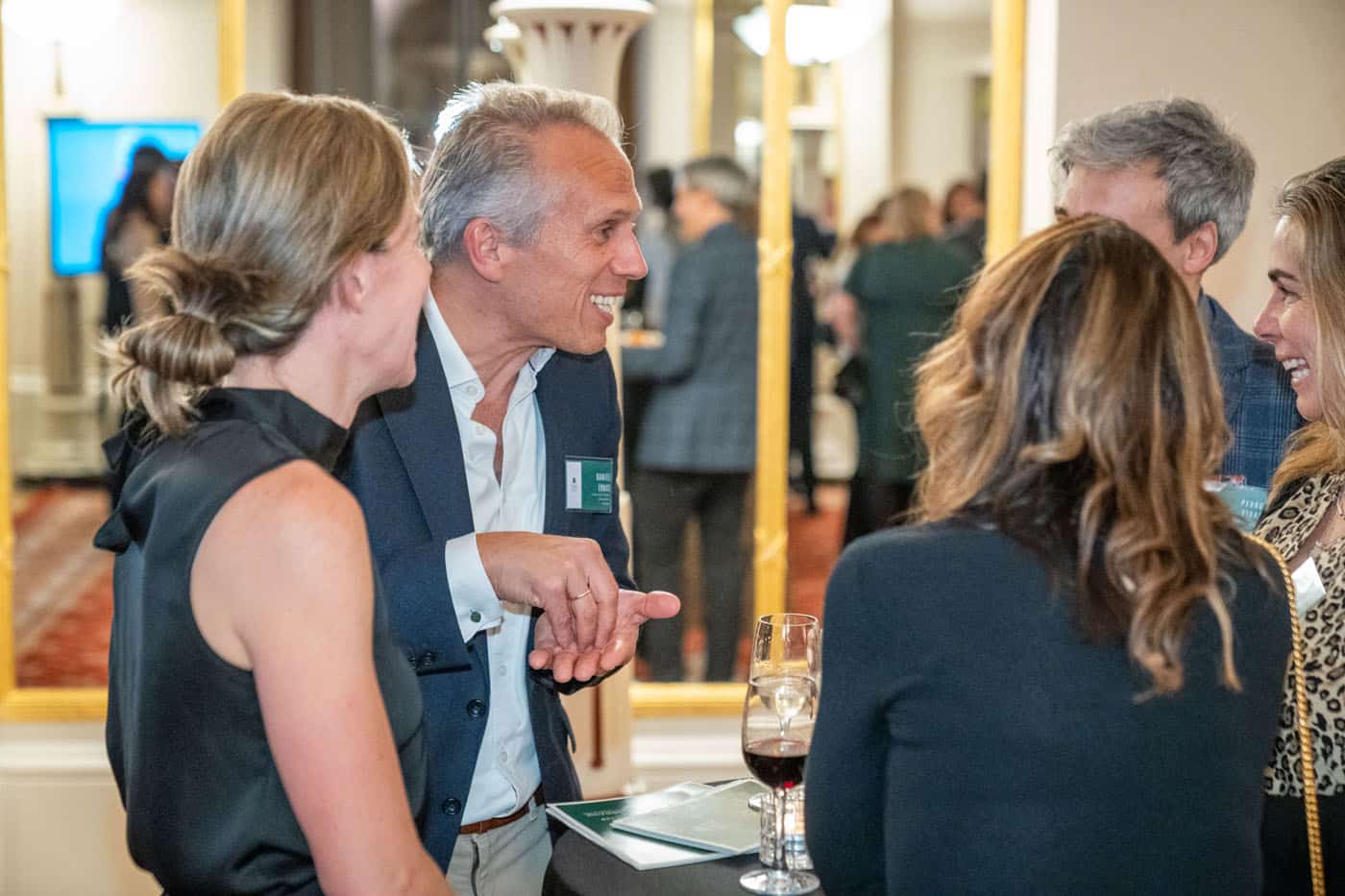
We also want to stay in touch with former staff who can join the Common Room Association and former parents who can join the Parents of Alumni Association. Please register through the Alumni Portal.
The Alumni Association Committee meets on a termly basis with the School, including the Head and Bursar and recognising the strategic importance of alumni relations, the Board of Governors has established an Alumni & Development Subcommittee.
